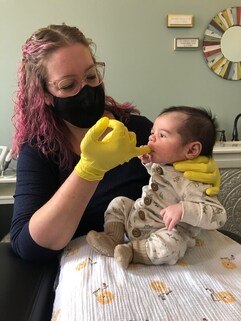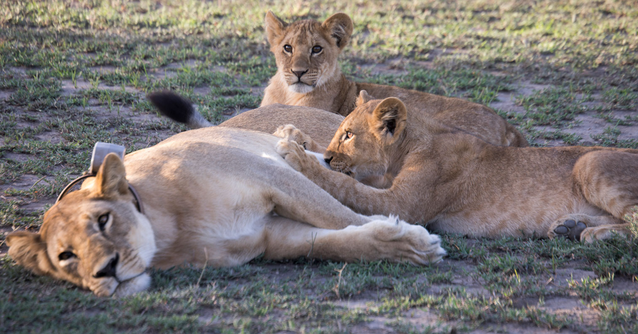|
Birth and breast/chest feeding have been a part of history since the dawn of mammalian existence, bringing various species of mammal together in a profoundly simple, empathetic way. After all, what nursing parent can look upon a nursing lioness without a primal, instinctive understanding of the weariness in her eyes, or give a knowing smile when she pushes an overly rambunctious cub off her nipple after they get too rowdy? The birth and feeding of our young is simply a universal experience across species of mammals throughout the world.
The longevity of our species is due to this process being incredibly efficient and it allows mammals to adapt to a plethora of sub-optimal environments. There is no doubt that the medical establishment has helped our population explode from 1 billion around the year 1800 to almost 8 billion today, just 1200 years later (Worldometer, n.d.), with the evolutionary big bang that is modern western or allopathic medicine. While there is no debate that the rise of allopathic medicine has dramatically improved maternal and infant mortality rates throughout the world, these life phases are never without risk. Due to the inherently vulnerable nature of birthing parents and their children, in 1948 the newly founded United Nations deemed these cohorts have the natural, inalienable right to specialized care and support. The nature of that care and support, however, has not been specified and as a result our species continues to face too many preventable maternal and infant deaths throughout the world. This paper will focus on the United States specifically as a relatively wealthy, developed nation as the challenges in developed nations are quite different than those in developing nations having already successfully overcome many of the challenges that developing nations continue to face regarding access to safe homes, clean water and basic medical care, for example.
2 Comments
|
Archives
March 2022
Categories
All
|
HO*LIS*TIC ~ADJECTIVE: Relating to or concerned with complete systems rather than with individual parts
WNY Orofacial & Breastfeeding Support Center is a division of Holistic Parenting Network, LLC, located within the village of East Aurora, NY.
131 Orchard Park Rd. West Seneca, NY 14224 fax: (716) 508-3302 (716) 780-2662 [text friendly]
WNY Orofacial & Breastfeeding Support Center is a division of Holistic Parenting Network, LLC, located within the village of East Aurora, NY.
131 Orchard Park Rd. West Seneca, NY 14224 fax: (716) 508-3302 (716) 780-2662 [text friendly]



 RSS Feed
RSS Feed